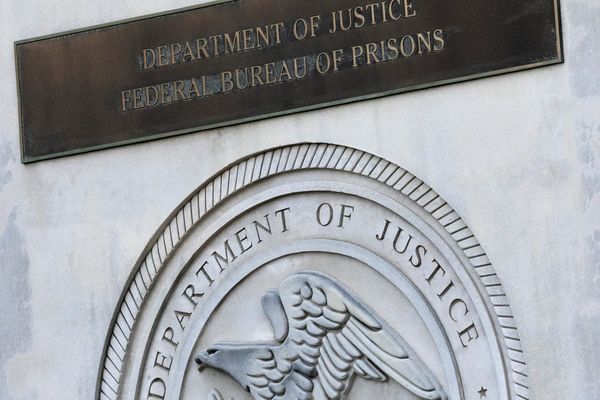
Kinshasa (AFP) - Opposition leader Felix Tshisekedi was on Thursday declared winner of DR Congo's presidential election, but his victory was dismissed by the runner-up and questioned by the Catholic church, clouding the vote's legitimacy and hopes of peace.
In a pre-dawn announcement, election officials named Tshisekedi, son of the country's long-term opposition leader, provisional winner of the troubled vote to replace President Joseph Kabila.
The news brought thousands of supporters onto the streets while others who had backed his opposition rival Martin Fayulu came out in protest.Four people died in unrest.
Fayulu, who came a close second, denounced the result as an "electoral coup." The Democratic Republic of Congo's influential Catholic church also said Tshisekedi's victory did not tally with data collected by its own monitors.
"These results have nothing to do with the truth at the ballot box," Fayulu told Radio France International.
"They have stolen the Congolese people's victory and the people will never accept that."
At stake is political stewardship of the notoriously unstable central African nation, which has never known a peaceful transition of power since independence from Belgium in 1960.
Election chief Corneille Nangaa declared Tshisekedi the winner with 38.57 percent of the vote, just ahead of Fayulu with 34.8 percent.
Kabila's preferred successor, Emmanuel Ramazani Shadary, came a distant third with 23.8 percent.
The last two elections in 2006 and 2011, both of which were won by Kabila, were marred by bloodshed, and many fear a repeat of the violence if the result lacks credibility.
Two civilians and two policemen were killed Thursday and another 10 people injured when a protest erupted in the western city of Kikwit, a Fayulu stronghold, police said.
Wild celebrations
In Kinshasa, thousands of people converged upon the headquarters of Tshisekedi's Union for Democracy and Social Progress (UDPS), the country's oldest and largest opposition party, singing and dancing at his surprise victory.
Pouring onto the streets, they celebrated wildly, cheering and honking car horns in scenes of joy that lasted into the morning under the bemused eye of the security forces who had fanned out across the capital.
In his first remarks after the result, the portly 55-year-old, who has never held high office or even a managerial role, immediately pledged to work closely with Kabila.
"Today we should no longer see him as an adversary, but rather as a partner for democratic change in our country," he told supporters.
But elsewhere in Kinshasa, the mood was sombre, with representatives of the Catholic church openly disputing the figures released by the Independent National Election Commission (CENI).
"The result of the presidential election as published by CENI does not correspond with the data collected by our observer mission from polling stations and counting centres," said Father Donatien Nshole, spokesman for CENCO, which represents the country's Catholic bishops.
The Church has long been pressing for the departure of Kabila, who has ruled the country with an iron fist since 2001, well beyond the limit of his second and final term in December 2016.
Calls for calm
Abroad, the mood was watchful, marked by a noticeable lack of congratulations for Tshisekedi.
Many have eyed the developments in sub-Saharan Africa's largest country with concern, with the United Nations leading calls to avoid violence.
French Foreign Minister Jean-Yves Le Drian dismissed Tshisekedi's victory as "not consistent" with the actual results, indicating that Fayulu had won.
The African Union said it "took note" of the result and warned any dispute over the outcome should be "resolved peacefully."
The European Union also simply acknowledged the result -- as well as Fayulu's objections to it.It said it was awaiting clarification from international observers and urged all sides to refrain from violence.
In contrast, South African President Cyril Ramaphosa urged "all regional and international interested parties to refrain from speculation" and let the election board complete its work.
The announcement of an opposition win was a shock as many had expected the results to be stacked in Shadary's favour, prompting heavy international pressure on Kinshasa to respect the wishes of the electorate.
'Tshisekedi debt to Kabila'
The vast central African country has been increasingly on edge over the long-delayed vote.
Kabila had been due to step down two years ago but held on to power, sparking a political crisis and protests that were bloodily repressed.
"Kabila did not want to risk announcing Shadary as the winner, which would have triggered violent protests and international condemnation," said Robert Besseling, executive director of risk consultancy EXX Africa.
"Instead, he chose to split the opposition by creating a power-sharing deal with Tshisekedi."
Tshisekedi "owes his ascendancy to power to Kabila's control of the electoral commission," and in exchange Kabila would look for immunity from any prosecution or asset seizure after handing over power, Besseling said.
burs-hmw/ri







